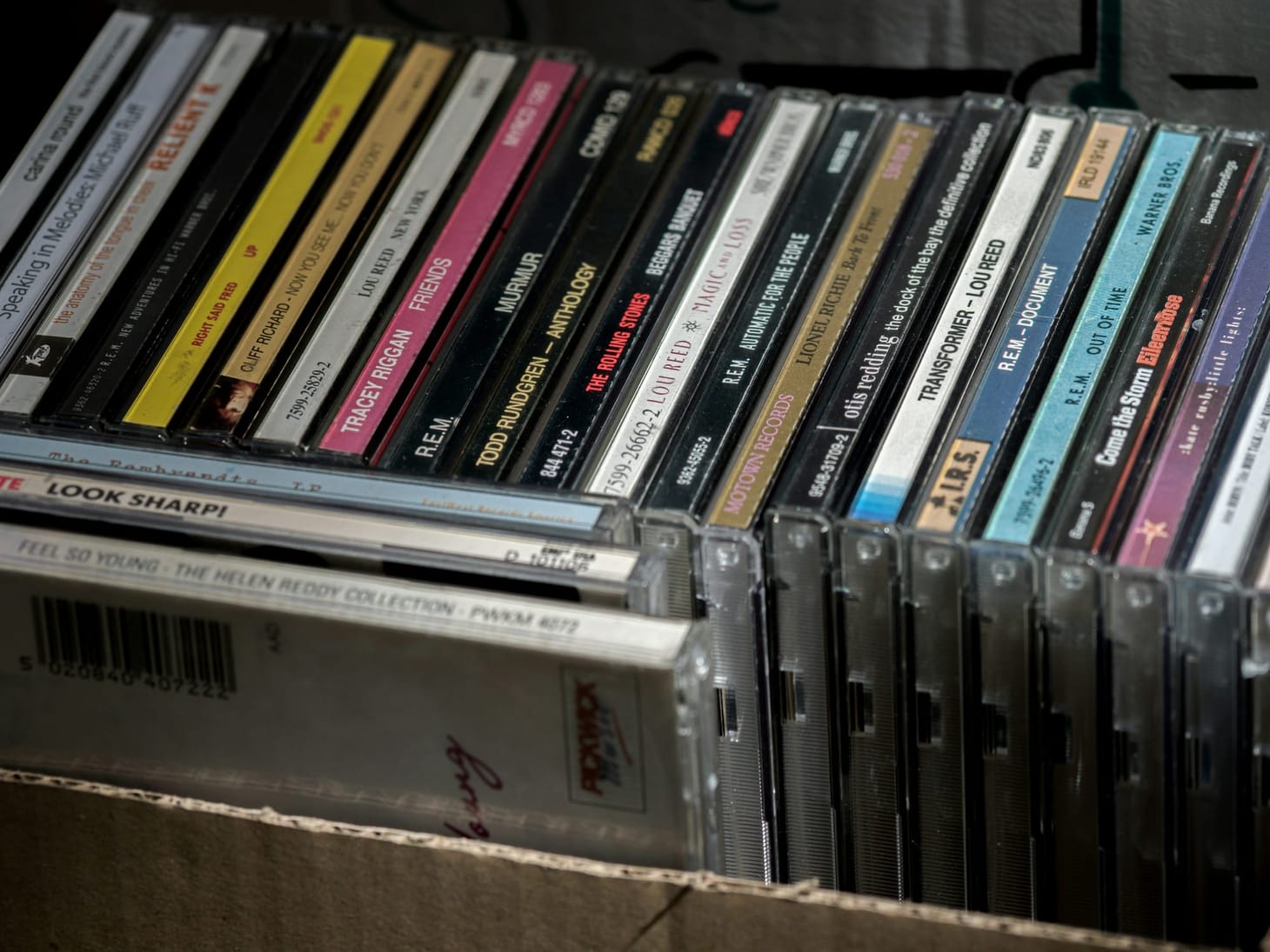Rock and Roll As Youth Culture

The song "Heaven's On Fire" by the Radio Dept. starts out with a clip from the movie. It's a sample of Thurston Moore from Sonic Youth talking about the record industry.
In one sense, it's just Thurston being Thurston, spouting off nonsense that sound like a stoner's Doritos-fueled dorm room philosophical insights. In another sense, though, he does a fairly good job capturing the zeitgeist of the time: major labels were ruining punk rock. The aging punk rock principle of not "selling out" was being stretched a bit thin after the success of Nirvana's Nevermind. How did underground bands take their shot at success and avoid the heavy criticism that came with making it big and potentially making artistic compromises to do so?
Thurston to fan: People see rock and roll as youth culture and when youth culture becomes monopolized by big business, what are the youth to do? Do you have any idea? I think we should destroy the bogus capitalist process that is destroying youth culture by mass marketing and commercial paranoia behavior control - and the first step is to destroy the record companies. Do you not agree?
Damon Krukowski, formerly of Sonic Youth contemporaries Galaxie 500, uses The Year Punk Broke as a reference point in a piece that despairs of the state of the music industry. Krukowski contrast the musical landscape in 1991 with what musicians are facing now. He comes to the conclusion that, despite the pessimism about corporate interests invading punk rock at the time, musicians had it much better than they do today. At least the major record labels cared about music (certainly as their ticket to making money, if for no other reason).
Now that you have companies like Apple and Spotify with a vise grip on the industry, there is truly no vested interest at the top looking out for the survival of music and the artists who make it. Although they are more invested in services now, Apple's core business is still centered around selling high-margin devices. Spotify takes for granted that music is a loss-leader, bringing in customers while their strategists figure out how they really want to make money. Krukowski doesn't miss the fact that Spotify has had their stock price drop 70% in the past year.
It's an uncertain time to be a musician. This is taking a toll on the mental health of the artists who make music for a living. It doesn't help to have Daniel Ek from Spotify telling them they just need to make more music. Something has to give here. As a consumer, though, it's difficult to know how to contribute. We can start, though, by buying music from services like Bandcamp and going to shows when we can catch our favorite artists touring. Beyond that, it feels like we have to sit back and watch the fallout, hoping and praying that the people who bring us so much delight through their work have safety and stability.
Treasure Hoard
Join the newsletter to receive posts in your inbox.




